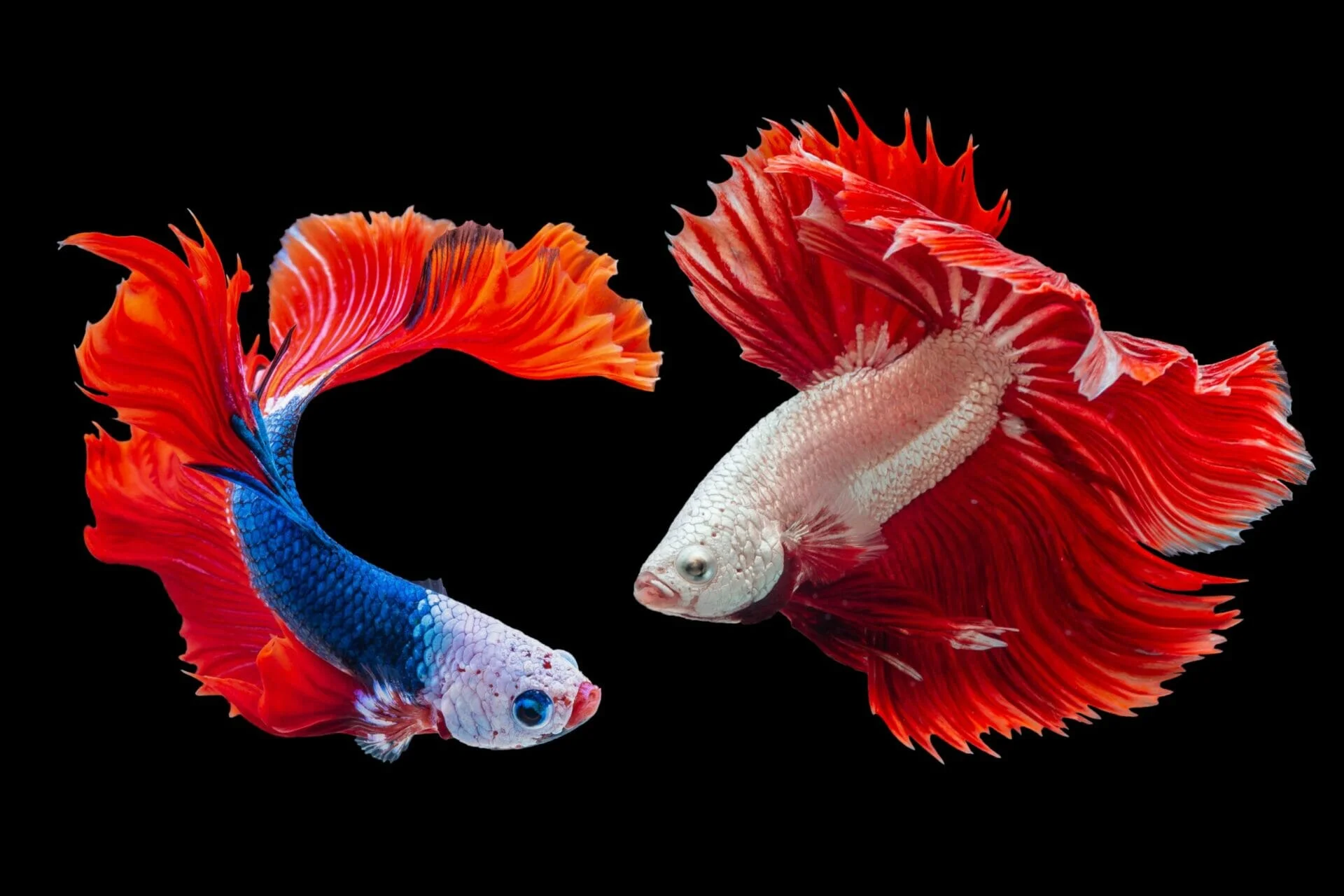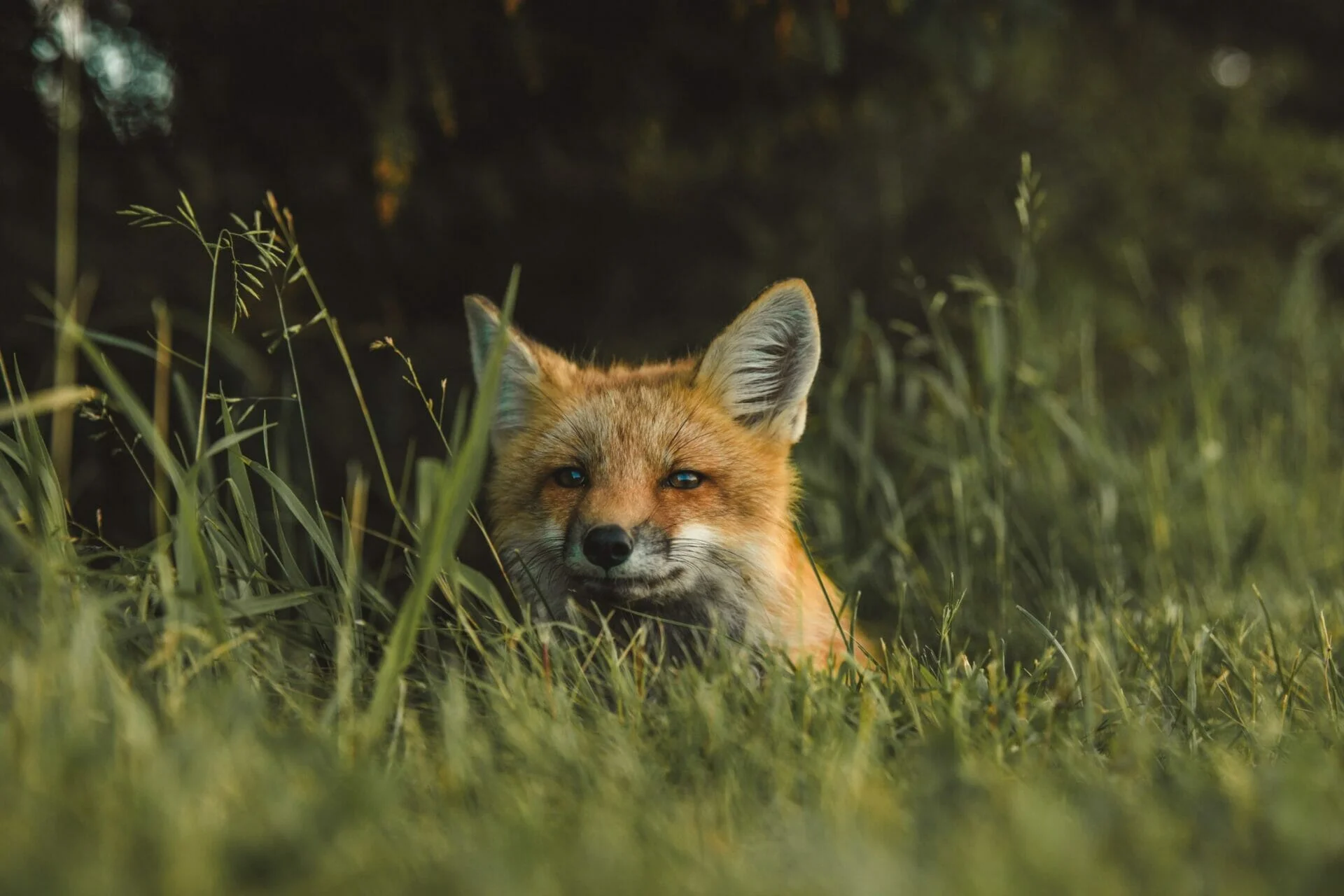
Natural Histories | Animals as a mirror of human nature
Author
Year
Format
Natural Histories is a collection of short stories published in 2013 by the Mexican writer Guadalupe Nettel, which offers a raw portrait of human behavior, hidden fears and dark instincts. And it does so through the framework of animal life: Siamese fighting fishes, cockroaches, cats, a snake and a strange fungus; in this collection of short stories animals become a mirror of human nature.
Winner of the 2013 Ribera del Duero Short Fiction Award, Natural Histories is Nettel’s first book to be translated into English. She contributes to several magazines and publications, such as Granta, El País, and The New York Times. In 2007, she was named as one of the Bogotá39, a list of the most promising Latin American authors under 40.
What are human beings, if not animals?
From the opening tale The Marriage of the Red Fish to the closing one The Snake from Beijing, all five stories explore the animal kingdom. Even Nettel’s style – direct and blunt – seems to belong to this realm. “Her prose is like something found in nature: an animal following its instincts“, comments J. T. Lichtenstein, the English translator of the book.
Yet, Natural Histories is first and foremost about human relationships, feelings and obsessions. As the protagonist of the first story says when observing her pair of Siamese fighting fish,
You tend to learn a lot from the animals you live with, even fish. They are like mirrors that reflect the buried emotions and behaviors we don’t dare see.
Nettel’s creatures force readers to face their own animal impulses. Through various animal species, each story tackles human frailty, such as the crumbling of a marriage, a child going through his parent’s divorce, a woman coming to terms with her miscarriage, and a clandestine affair.
While the tales are set in big cities, everything happens in domestic places: apartments, living rooms and bedrooms. Here one gets closer not only to animals, but also to their true self. As the author explains in an interview,
Private and intimate places give us the opportunity to get to know people.
A modern bestiary
Natural Histories is an example of a modern bestiary, a literary genre that describes animals – both real and imaginary – to explore humanity. Particularly popular during the Middle Ages as a way to convey religious meanings, the first known bestiary was the Physiologus, written in Greek in the 2nd century AD.
From Lewis Carroll’s fictional Snark and J.D.Salinger‘s banana fish to Julio Cortazar‘s Bestiary and Jorge Luis Borges’ Book of Imaginary Beings, many modern writers invented fantastic creatures. J. K. Rowling‘s magical world is home to not only wizards and witches, but also bizarre animals and beasts. Even artists such as Henri de Toulouse-Lautrec and Saul Steinberg gave shape to their bestiaries.
If animals and humans are often more similar than expected, Natural Histories also illustrates how they differ. “All animals know what it is they need, except for man“: so says the epigraph for the book, which comes from the Roman author, philosopher and soldier Pliny the Elder. Through their private yet universal struggles, Nettel’s characters highlight how people find it hard to follow their inner instincts and maintain their well-being, as opposed to animals. And by depicting pets, pests and strange creatures, she invites readers to accept their uncanniness, meaning the animal that dwells in them.
In the stories collected in Natural Histories we see ourselves, and we see that in love we are parasitic, when trapped we seek to escape, in cohabitation we become cruel, when attacked we fight tooth and claw to defend ourselves, laying aside moral judgment. […] And in our ugliness, our repulsiveness, our baseness, there is beauty, for these are the aspects of our nature that have ensured our survival.
J. T. Lichtenstein on translating Guadalupe Nettel’s Natural Histories
Tag






